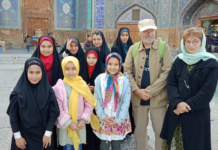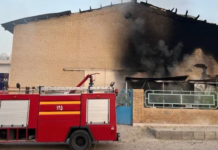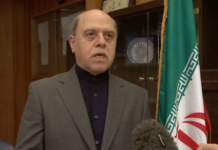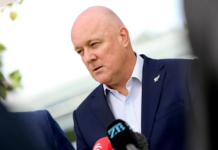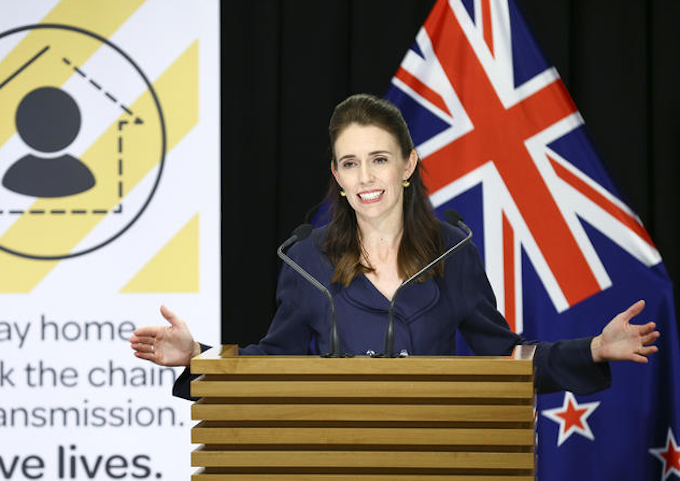
By Jane Patterson, political editor of RNZ News
Prime Minister Jacinda Ardern says it’s too early to claim success against the spread of Covid-19 but 11 days into lockdown, New Zealand has made a good start.
At today’s media briefing, Ardern was reluctant to draw too many conclusions from the number of new positive tests but said in the last few days cases had been relatively steady.
“We have made a good start, and the decisions that we’ve made to date have made a difference,” she said.
READ MORE: Al Jazeera coronavirus live updates – ‘A lot of death ahead’ in US
- Pacific coronavirus updates – cases rise in Tahiti, Guam and Hawai’i
- Cyclone Harold – ‘bad timing’ as likely to hit Vanuatu as category 5
She cited scientific modelling by Rodney Jones that had estimated there could be 4000 confirmed cases by this weekend, but measures taken by the government had limited that to just 1000.
“Those 3000 fewer cases shows the difference that cumulative action can make. Three thousand fewer people sick with Covid-19, 3000 fewer people passing the virus onto others and into others,” she said.
“We can and we must continue to break the chain of transmission.”
Compliance overall had been “generally strong” except for a few exceptions, Ardern said.
“There are still some who I would charitably describe as idiots.
“A 38-year-old Christchurch man arrested last night after being seen on a video online coughing at people in a supermarket, I include in that description.”
He will appear in court tomorrow charged with endangering life by criminal nuisance and obstruction of an officer of health.
Exit plan
Ministers and senior officials are now starting to talk about a possible exit plan, and what the picture would have to look like before moving out of Alert Level Four.
They will be looking at the number of new cases, what’s happening with community transmission and the success of contact tracing for the various clusters, Ardern said.
“All of that information will tell us whether or not we have got control back of Covid-19 in New Zealand, and whether we’re in a position to move to different elite levels.
“I’m wanting to dig deeper into some of what we need to be looking for.”
Getting a true idea of the level of community infection was key and would be helped by the big increase in testing, Ardern said.
“What we want to make sure is that we’ve got enough regional spread in that testing.
“So if these areas we were not seeing enough data, that we are spreading out that testing so that it can give us the intelligence we need.”
She also presented new data from the Ministry of Foreign Affairs, which compared how long countries took to close their borders after recording their first case.
“We closed our borders 25 days after our first case: Germany took 49 days, Spain 52. Australia , Singapore 61. Our first economic package was in place 18 days after the first case – most countries took more than 40 days,” she told reporters.
Director General of Health Dr Ashley Bloomfield said detailed analysis of the clusters and the level of community transmission remained important.
“To find out if we, for example, assume they were all community transmission, where are they? What’s the geographical pattern, what’s the age distribution and so on.”
Sunday’s update:
- 89 new cases of Covid-19, bringing New Zealand’s total to 1039.
- 15 people are in hospital, and three are in intensive care. Two of those people are in Auckland and one is in Wellington. One person has died.
- So far, 36,209 tests have been carried out, 3093 tests were processed yesterday.
This article is republished by the Pacific Media Centre under a partnership agreement with RNZ.
- If you have symptoms of the coronavirus, call the NZ Covid-19 Healthline on 0800 358 5453 (+64 9 358 5453 for international SIMs) or call your GP – don’t show up at a medical centre.



